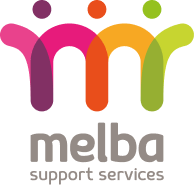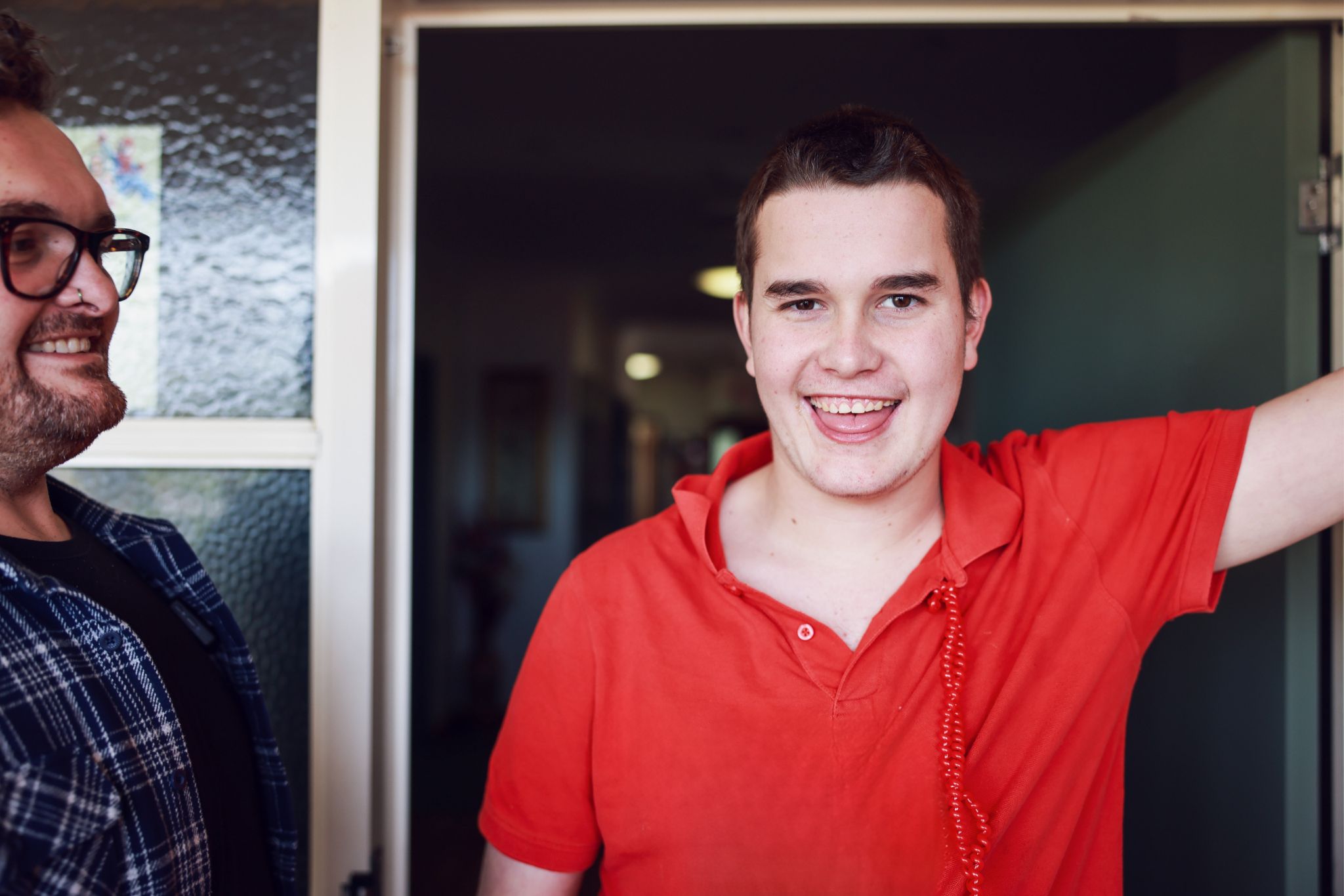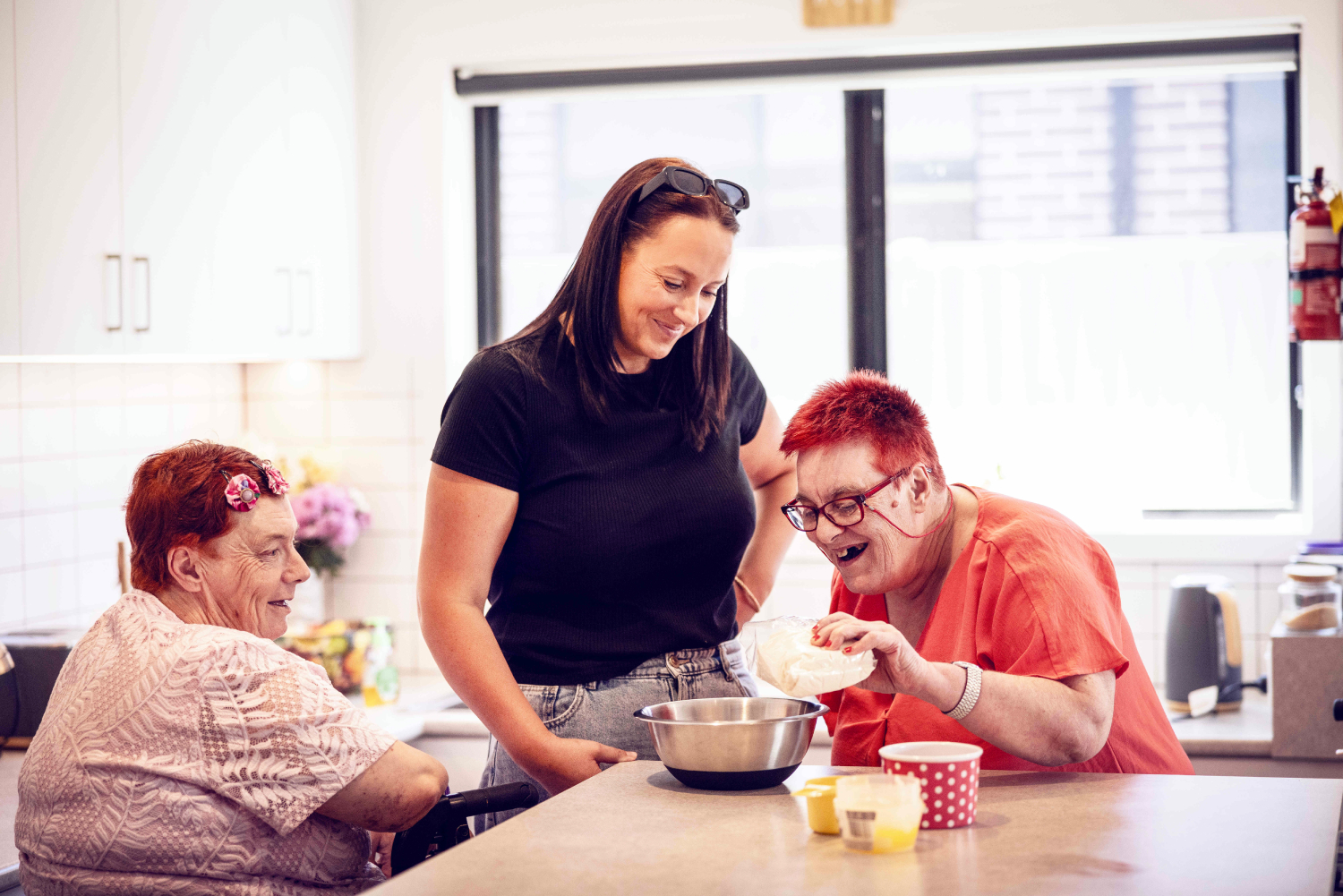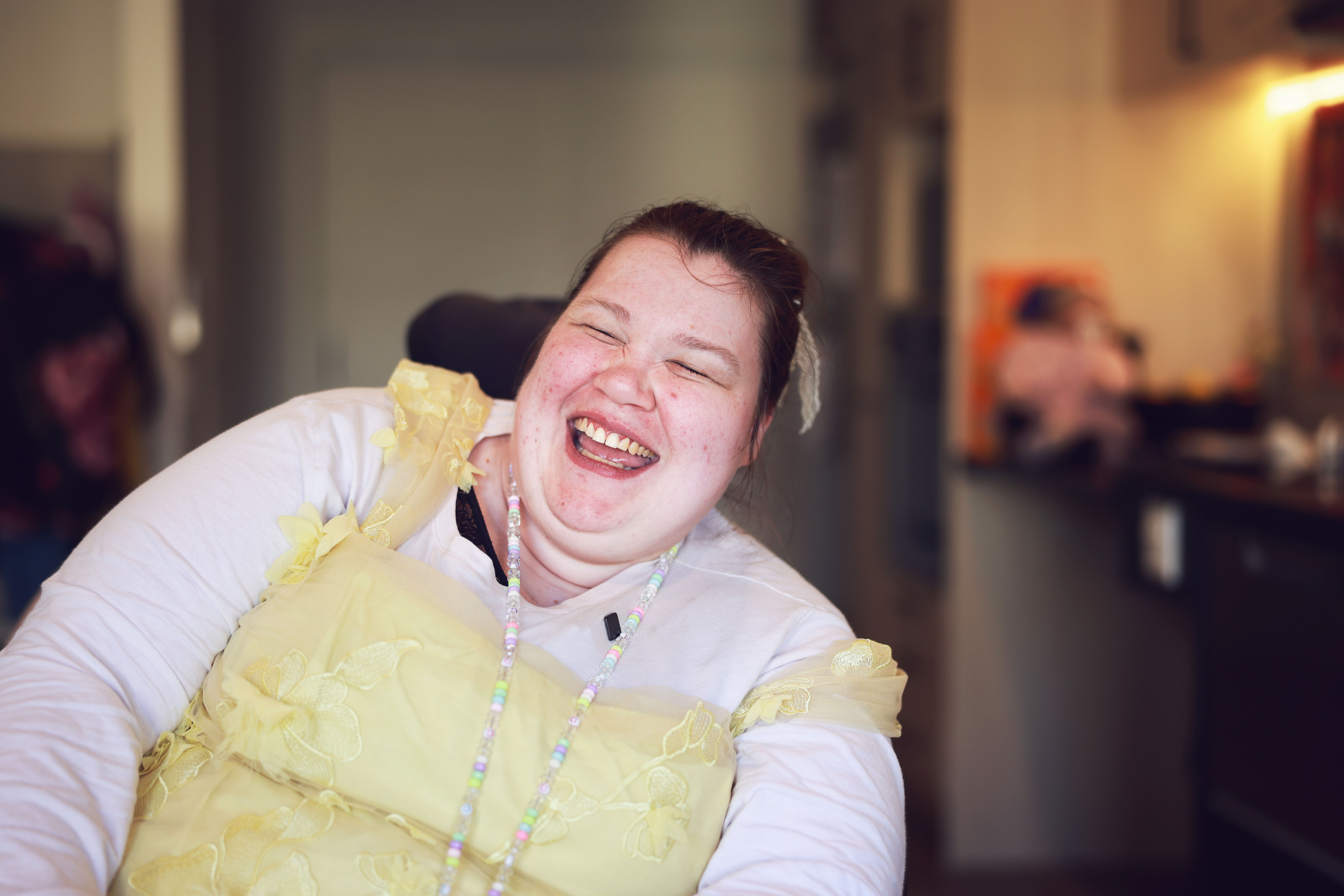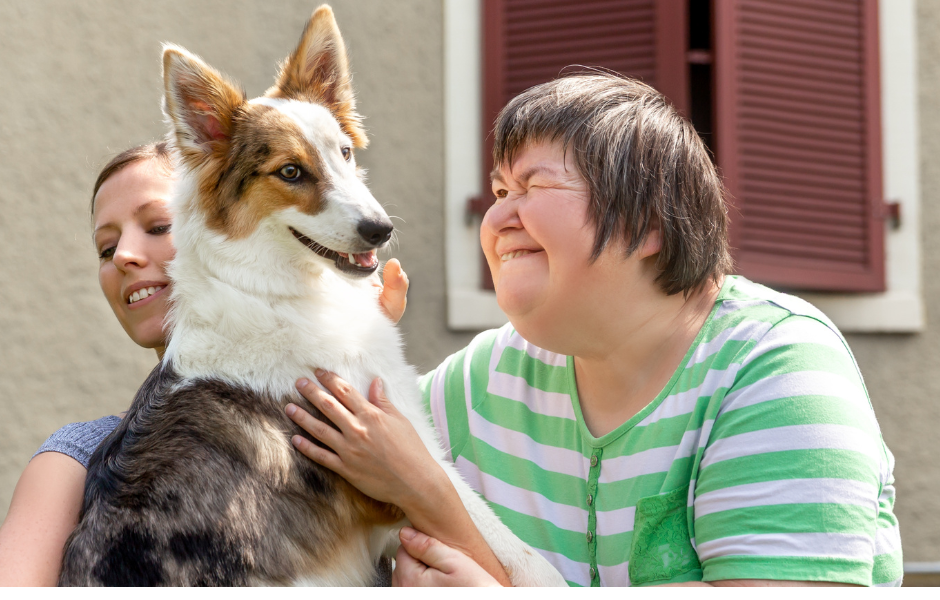
How Melba’s Positive Behaviour Support helps people live better lives
Imagine feeling overwhelmed, frustrated, or scared, but not being able to explain why. Imagine needing support, but the only way to share this need is by engaging in behaviours of concern.
For some people this is a daily reality.
Melba offers Positive Behaviour Support (PBS) as a respectful, effective way of supporting a person to have their needs met. The PBS team work closely with people to understand what they are trying to communicate when they use behaviours of concern.
So, what do we mean when we say behaviours of concern? At Melba, we call these behaviours of protest, people often use these behaviours to communicate a variety of things. It might be pain, confusion, fear, sensory overload, or simply not having their needs met. But without the right tools or support, those feelings can come out in ways that are distressing for the person and the people around them.
PBS helps us pause and ask the most important question: “What’s the person trying to tell us?”.
Instead of reacting to the behaviour itself, PBS focuses on the person behind it – their experiences, their needs and their strengths.
One of the most powerful parts of PBS is that it helps build a person’s skills over time. That might mean:
- learning new ways to communicate (such as using visuals, devices, or signs)
- building independence in daily routines
- developing calming or coping strategies
- finding better ways to express emotions.
At Melba we don’t use punishment or consequence driven strategies, we support people to grow – at their pace, in ways that make sense to them.
PBS, like everything we do at Melba, is person-centred and grounded in human rights. Everyone should have choice and control over their own life. PBS puts the person in the centre of the process, making sure their views and preferences are recognised, considered and respected.
This could be about making sure people feel in control of their daily routines or it could be working with people to create predictable environments. It’s about supporting people to live lives that feel good, not just manageable.
PBS at Melba
We follow a seven-step process that’s grounded in best practice and guided by our human rights values, which include respect and inclusion:
1. Interim response: keeping everyone safe
When someone’s behaviour is putting themselves or others at risk, we act fast. Our PBS practitioners step in and work with the person and their support network to create a short-term plan that helps keep everyone safe, while we work together on longer-term solutions.
2. Assessment: understanding what’s going on
We work with the person, their support networks and relevant professionals such as speech pathologists and occupational therapists. We observe, ask questions and gather data to understand what’s happening and why.
This results in a Functional Behaviour Assessment Report – kind of like a roadmap that shows what’s driving the behaviour.
3. Planning: creating the right support
Now we’re ready to put together a tailored Behaviour Support Plan This plan focusses on changing environments around the person, not “fixing” the person that includes:
- positive, proactive strategies
- pathways learning new skills
- support options for when things get tough
- steps to reduce (and eventually remove) any restrictive practices.
The plan is reviewed at least once a year, or sooner if anything changes.
4. Implementation: we’re in this together
We don’t just hand over the plan and walk away. Our PBS practitioners provide ongoing support, working alongside support workers to make sure they understand the plan and that the plan is being followed in real life. They coach, troubleshoot and attend team meetings to keep things on track.
5. Reducing restrictive practices: respect and rights first
Restrictive practices, such as holding someone back, are only used as a last resort. Our goal is always to reduce and eventually eliminate any restrictive practice. The more supported and understood a person feels, the less likely they are to need to use behaviours of protest.
6. Know it works: we track progress
We don’t just hope things are working – we check. Using data and feedback, we keep track of how the person is going and whether the strategies are actually helping. If not, we adjust. PBS is always evolving to meet the person’s needs.
7. Ongoing learning: supporting our team to support others
Our PBS practitioners are passionate, experienced and constantly learning. They’re registered with the NDIS and supported through ongoing training and supervision, so they stay up to date with the latest thinking and best practices.
It’s all about better lives
At Melba, nothing is a “one-size-fits-all” solution, and PBS is no different. It’s a trauma informed, human rights and evidence-based approach that is creative and flexible. Real and lasting change is only possible when people are seen, heard and strategies are tailored to the individual.
Want to know more about PBS at Melba or how we can support someone you know? Contact 1300 696 352.
Melba’s PBS practitioners are available to take on new referrals. If you would like to refer someone for Melba’s PBS services, please call 1300 696 352 or fill out this form.

